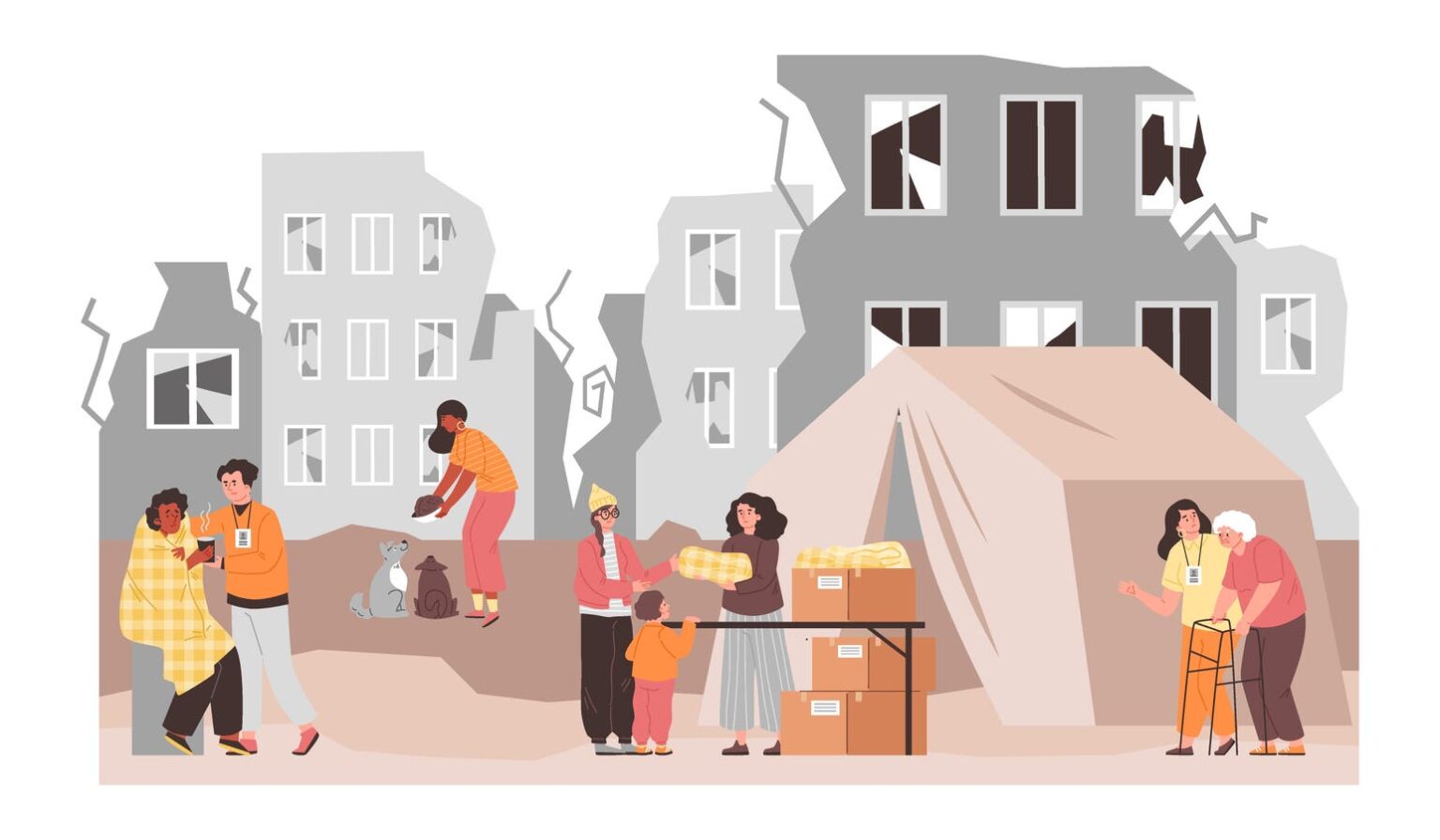The aftermath of the Los Angeles wildfires, the Appalachian flooding, and other natural disasters have left many Americans with overwhelming challenges and a long road to recovery. If you need food, shelter, medical care, or any other urgent necessity, your immediate focus should be on acquiring them. Thankfully, there are many agencies and resources available for assistance to people who are experiencing physical and mental setbacks. Financial Finesse has created a guide that can help you find local organizations to get the help you need
I’m going to focus here on the financial decisions that you may face as you navigate your life following a disaster. It is very difficult to make every decision perfectly and you may come out of this situation with a few regrets. However, you can minimize your mistakes by avoiding these common ones:
- Making impulsive decisions – When people are in a crisis, it can be difficult to stop and think about potential consequences of pressing decisions. Avoid short-term fixes that negatively impact the long-term future.
- Not understanding your insurance coverage – Coverage terms can be confusing and not understanding can cost you. Ask your agent or adjustor to explain how each part works and discuss alternatives. You may even want to hire an attorney if you need help navigating insurance claims.
- Not communicating with the insurance company – If there is a natural disaster in your area, chances are that your insurance company will be overwhelmed with claims. It’s your responsibility to communicate timely with them so don’t be afraid to overcommunicate.
- Not communicating with lenders and payees – If you are unable to make your full monthly obligations, reach out to any lender or payee to inform them. Most will accommodate during a natural disaster.
- Not documenting and inventorying everything – It’s hard to prove ownership and value without evidence. Take pictures, make lists, and keep receipts. Make this a habit going forward.
- Underestimating how long it will take and how much it will cost – Depending on the scale of the event, it could take a lot of time to get back to where you were before. Expect and plan for it to take longer. Costs are also often underestimated. Add a buffer to expected costs.
- Falling for fraud and scams – Unfortunately, there are bad actors trying to take advantage of people in a crisis. Be aware of this and double-check any suspicious offer. Don’t sign any agreement you don’t completely understand.
- Not getting good advice from the right people – Don’t go it alone. Find trusted competent advisors to help you navigate this difficult time. If your employer offers a prepaid legal and/or financial wellness benefit, discuss your options with a lawyer and/or financial coach. If you are working with a financial advisor, schedule a meeting to discuss your short-term needs and how they might affect your investments.
- Listening to the wrong people – Avoid listening to people who don’t have experience or expertise on the subject. Everyone’s situation is different, and someone else’s best decisions could be your worst.
- Foregoing assistance when needed – The available programs and assistance are there to help people get back on their feet. Explore these and apply in a timely manner if any pertain to you.
- Using insurance proceeds for unrelated expenses – using proceeds for something other than the intended purpose can result in you having to repay it or being underinsured in the future.
- Hiring bad contractors – Not every contractor is created equal. Hire the right one by checking references and viewing their status on the Better Business Bureau. Get a clear understanding of the costs and scope of work and avoid large, upfront payments.
There was no way to prepare for the severe devastation of the recent natural disasters, and unfortunately, these aren’t the last we will experience. While it’s wonderful to see the kindness and generosity of mankind during these periods of distress, the attention eventually fades and people have to cope with the aftermath for a long time. As you navigate this difficult time, try to make wise, thoughtful decisions along the way that keep you moving toward recovery, but don’t create future regrets.
Read the full article here

